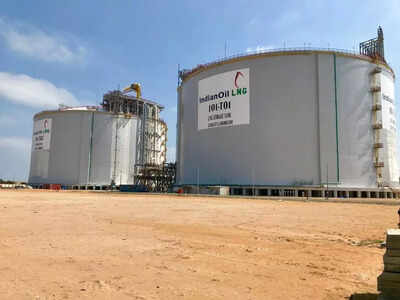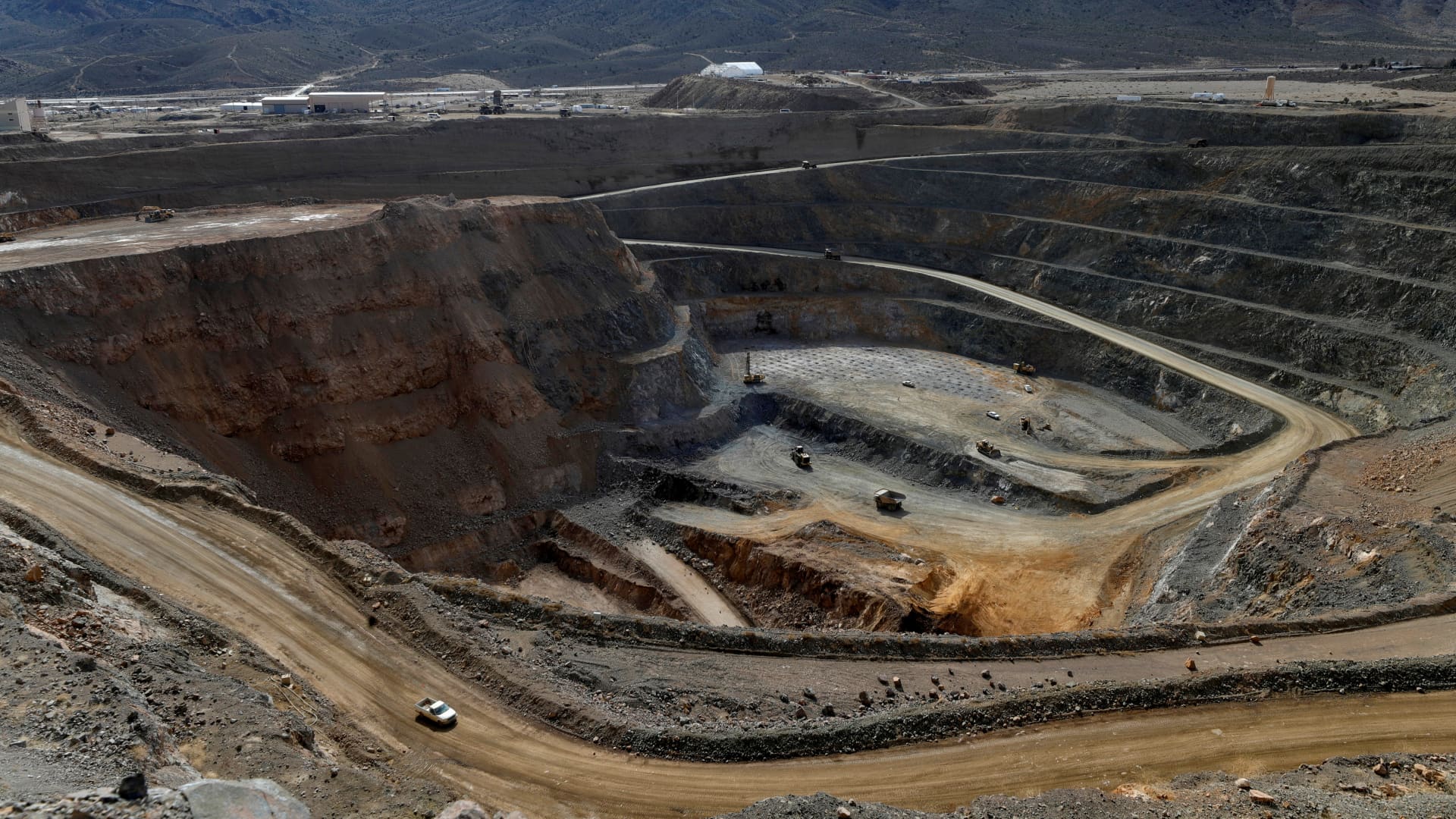
Japan is one of the world's biggest public financiers of gas and oil production, despite a pledge to halt all such funding for fossil fuel at the G7 summit in 2022.From 2013 to 2024, Japanese public financial institutions provided $93 billion (€82 billion) worth of investments for oil and gas projects, according to a report from the South Korea-based Solutions for Our Climate (SFOC).
Overseas liquefied natural gas (LNG) development projects amounted to $56 billion worth of this financing.In the same period, the report estimates $24.5 billion in funding was provided for clean energy projects."Japan's international influence in energy financing, and specifically fossil fuel financing, is enormous," Walter James, a private consultant focusing on Japan's climate and energy policies, told DW."It's really across the fossil fuel supply chain … all the way from exploration, production, transportation to actual use and power plants."In what the Institute for Energy Economics and Financial Analysis (IEEFA), a US-based research center, calls the "Japanese model" of LNG investment, decades of policy development by Japan to "encourage direct overseas investment in LNG export projects," have turned Japan into the main driver of LNG development in the Asia Pacific.A report by the IEEFA says that Japan benefits in two ways: By having more access to the LNG supply for its domestic energy needs, and improved access to "demand centers where Japan can resell surplus LNG."
"Japan's LNG resales to overseas markets have reached record highs, indicating a shift in its role within the global LNG market," from a consumer to an exporter, the IEEFA report says.Another IEEFA report shows Australian LNG as the top source of supply for Japanese LNG shipments to third countries. At the same time, Japan depends on energy imports to fuel its economy, with little domestic access to fossil fuels. Oil, coal and LNG make up more than 83% of Japan's primary energy mix, according to data cited by the Asia Natural Gas and Energy Association.Japanese 'greenwashing' with LNG?After Japan's fossil fuel pledge at the 2022 G7 summit to halt financing fossil fuel projects, it launched the Asia Zero Emission Community (AZEC) with partner countries in Asia to provide a platform for cooperation on "net zero emissions in the Asia region."In August 2024, a total of 70 Memorandums of Understanding (MOUs) were signed with 11 nations, including Australia, Brunei, Cambodia, Indonesia, Laos, Malaysia, the Philippines, Singapore, Thailand and Vietnam.However, many of the projects focus on developing natural gas, ammonia and carbon capture storage (CCS) technology.LNG is deemed a "transitional fuel" for Japan's partner countries in AZEC.A 2024 study from Cornell University, however, found that LNG involves 33% more emissions than coal, when processing and shipping are considered.Loopholes in Japan's G7 pledge allow for investment in LNG projects, even though it contributes to greenhouse gas emissions, according to Hiroki Osaka, development finance and environment campaigner at Friends of the Earth Japan, an NGO.Osada said Tokyo's pledge was based on "unabated fossil projects," so if countries decide the projects are "abated" like the ones with use of CCS, they can go ahead."Unabated" refers to using fossil fuels without taking any measures to reduce greenhouse gas emissions, such as CCS. Abated fossil fuels, on the other hand, use measures to reduce emissions."It's a form of greenwashing," Osada told DW. "Another loophole is that even if the projects are regarded as 'unabated,' if they say they align with the 1.5-degree energy plan [Paris Agreement] or are necessary for energy security and diplomacy, they are justified."Indonesia as an exampleIndonesia signed a deal in November 2022 to mobilize $20 billion in public and private finance for energy transition at the G20 summit, led by the US and Japan.According to Osada, Japan "helped write" Indonesia's long-term energy plan "so there would be a demand for gas.""There's a lot of renewable potential available and it's actually cheaper and more beneficial for the whole of Southeast Asia, while LNG is too costly and they can't import if there's a blackout," she said.Natural gas in Indonesia costs more than renewables, according to the calculations from the Institute for Essential Services Reform, an Indonesian energy and environment policy research center.Indonesia is also the world's largest coal exporter, and coal comprises over 40% of its energy consumption. To phase out coal and oil, Indonesia in March rolled out a $1.5 billion LNG distribution project to feed power plants.However, Wicaksono Gitawon, policy strategist at the Indonesian NGO CERAH, told DW that more overseas investment in LNG would hamper Indonesia's future transition to renewable energy."I genuinely think Japan should skip investment in gas [in Indonesia] and push for renewables," Gitawon said."We already have a coal infrastructure locked in. They are now pushing for gas, and gas is a big investment, so it would be another lock-in.
If we have a gas infrastructure in Indonesia, I don't think we would be able to achieve energy transition."Energy policy consultant James said that Japan is also meeting demand for technology and investment from countries like Indonesia."Indonesia came up with their own energy transition strategies and include things like natural gas and LNG, coal firing with ammonia and hydrogen — all the things Japan would love to sell and invest," he said.The third AZEC meeting is slated to be held in Malaysia this September.

 1 month ago
143
1 month ago
143




























 English (US)
English (US)